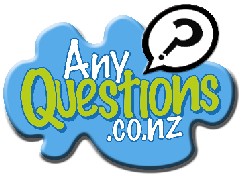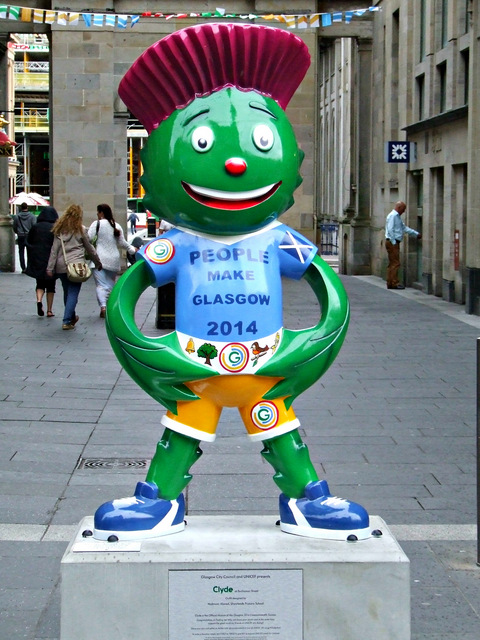Are you looking for reliable online info about World War One? We have created a lit of great websites that you can go to for info on the causes of the war, the treaty that ended that war, ANZAC Day and Gallipoli, New Zealand’s involvement, and websites that provide info on casualties and gravesites.
 Websites about the causes of World War One
Websites about the causes of World War One
- The BBC has a great site dedicated to WWI including a section on the causes of the conflict: http://www.bbc.co.uk/schools/0/ww1/25365441
- BBC’s Bitesize section (tailored to the English school curriculum) has a section on the causes and interactive tests: http://www.bbc.co.uk/schools/gcsebitesize/history/mwh/ir1/
- Closer to home, the New Zealand History site has a page dedicated to the origins of the war: http://www.nzhistory.net.nz/war/first-world-war-overview/origins
- Te Ara – The Encyclopedia of New Zealand also has a war origins page: http://www.teara.govt.nz/en/first-world-war/page-1
- The Imperial War Museum, one of the best war museums, has a page on their website about the ‘path to war’: http://www.iwm.org.uk/history-terms/first-world-war/path-to-war
- FirstWorldWar.com has a comprehensive page on how the war began: http://www.firstworldwar.com/origins/index.htm (this site hasn’t been updated since 2009 so we suggest checking any information you find against other websites).
 Websites about the Treaty of Versailles
Websites about the Treaty of Versailles
- Good for answering ‘what is..?’ questions, Wisegeek has a section on the treaty: http://www.wisegeek.com/what-is-the-treaty-of-versailles.htm
- The Museum of Australian Democracy has images of the treaty with information about its significance: http://www.foundingdocs.gov.au/item-did-23.html
- FirstWorldWar.com has a primary documents page that focuses on the treaty, and includes a breakdown of the treaty’s articles: http://www.firstworldwar.com/source/versailles.htm
- Omni Atlas contains an interactive map of Europe that illustrates the impact of the treaty on the boarders and alliances: http://maps.omniatlas.com/europe/19190628/
- BBC history has a page about the treaty that’s pitched at a secondary school level: http://www.bbc.co.uk/history/worldwars/wwone/versailles_01.shtml
- New Zealand History provides information about the history of the day, the ceremony, and modern ANZAC day: http://www.nzhistory.net.nz/war/anzac-day/introduction
- The government’s site for Gallipoli2015 (100 year anniversary) has information on the 2015 commemoration: http://www.gallipoli2015.govt.nz
- The government also runs an official site for ANZAC day with lots of good information: http://anzac.govt.nz
- The returned Services Association (RSA) has some brief information on ANZAC Day, and is good for finding out about what happens at an ANZAC Day service and where they are happening: http://www.rsa.org.nz/anzac-day-%E2%80%93-25-april
- For the Australian perspective, the Australian Army has a page with information: http://www.army.gov.au/Our-history/Traditions/ANZAC-Day and the Australian War Memorial has a site that includes speeches, photographs and historical facts: http://www.awm.gov.au/commemoration/anzac-day/
- Information about the red poppy can be found on the New Zealand History site: http://www.nzhistory.net.nz/war/anzac-day/poppies, the RSA site: http://www.rsa.org.nz/poppy and the British RSL site: http://www.britishlegion.org.uk/remembrance/how-the-nation-remembers/the-story-of-the-poppy
 Websites about New Zealand’s involvement
Websites about New Zealand’s involvement
- Te Ara – The Encyclopedia of New Zealand has a comprehensive section on the war from the New Zealand perspective: http://www.teara.govt.nz/en/first-world-war
- Similarly, New Zealand History has lots of information about our involvement in the war, including media such has campaign maps: http://www.nzhistory.net.nz/war/nz-goes-to-war
- The National Army Museum website has stories about individual New Zealand Soldiers: http://www.armymuseum.co.nz/kiwis-at-war/voices-from-the-past/
- Australia’s ANZAC day site has a list of poetry with an ANZAC theme: http://www.anzacday.org.au/anzacservices/poetry/poetry01.htm
- The Australian War memorial site has 2 poems about the ANZACs: http://www.awm.gov.au/commemoration/customs/poems/
- New Zealand’s ANZAC Day site has an order of ceremony for ANZAC day: http://www.anzac.govt.nz/today/orderofceremony.html
 Websites with casualties, wounded, and graves information
Websites with casualties, wounded, and graves information
- FirstWorldWar.com has a list of the dead, wounded and missing from each country involved in the war: http://firstworldwar.com/features/casualties.htm
- New Zealand History provide a month-by-month breakdown of New Zealand casualties for the war: http://www.nzhistory.net.nz/media/photo/first-world-war-casualties-month
- New Zealand History also have a memorials register: http://www.nzhistory.net.nz/culture/memorials
- A UK site dedicated the World War One has information about records of the dead and war graves. Also contains links through to the Commonwealth War Graves Commission: http://www.greatwar.co.uk/research/military-records/ww1-war-dead-records.htm#recordsbritishcwealthdead
- Commonwealth War Graves Commission has information about burial grounds and memorials: http://www.cwgc.org/
- Auckland War Memorial Museum have a online cenotaph register: http://muse.aucklandmuseum.com/databases/cenotaph/locations.aspx
- DigitalNZ is an online resource for images and other media: http://www.digitalnz.org/ Use their search box to find World War One (or Great War) media.
- Papers past is a digital archive of New Zealand Newspapers: http://paperspast.natlib.govt.nz/cgi-bin/paperspast Search for World War One, Great War, or individual battles and campaigns. You can limit the results by date, region and title of publication.
- Christchurch City Libraries has a online digital archive of primary resources: http://christchurchcitylibraries.com/DigitalCollection/WarsandConflicts/WorldWarI/
- BBC: http://www.bbc.com/ww1
- BBC Schools page: http://www.bbc.co.uk/schools/0/ww1/
- Te Ara – The Encyclopedia of New Zealand: http://www.teara.govt.nz/en/first-world-war
- New Zealand History: http://www.nzhistory.net.nz/war/first-world-war
- WW100: http://ww100.govt.nz/
- Imperial War Museum: http://www.iwm.org.uk/
- FirstWorldWar.com: http://www.firstworldwar.com/
- Archives New Zealand: http://archives.govt.nz/world-war-one
- The British Library: http://www.bl.uk/world-war-one
- National Library New Zealand: http://natlib.govt.nz/ww100
You are also welcome to chat live with an online librarian, who will help you with your research and finding online resources. AnyQuestions is a government-funded homework help service for New Zealand School Students. It’s open 1pm – 6pm Monday to Friday. Go to the site, type in your question, and chat to a librarian who will help you with your question and finding online information sources. It’s fun and free!







 The 2014 Commonwealth Games:
The 2014 Commonwealth Games: Glasgow and Scotland:
Glasgow and Scotland: The New Zealand Team:
The New Zealand Team:






















